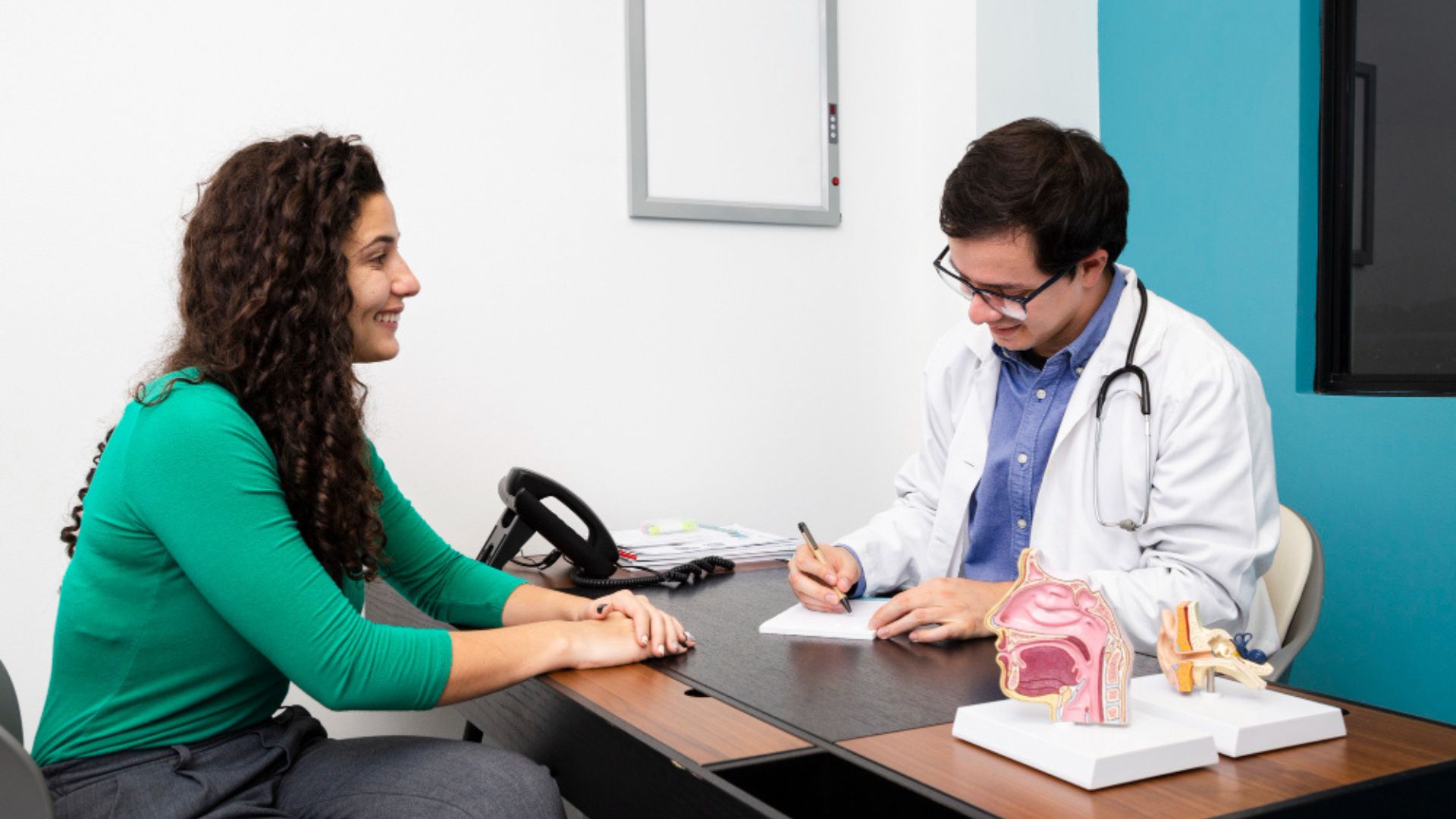

Top Tips to Get the Most out of your GP Appointment
At times your appointment with the GP can be an overwhelming experience, particularly when you have many queries or symptoms to discuss. But with some preparation, you can streamline your appointment, make it more productive, and reduce its associated stress. Finding the best GP clinic near me can also make a big difference, ensuring you receive timely care in a comfortable environment.
Here are quick, easy ways to make the best of your visit to your doctor.
1. Prepare Before You Go
Take a couple of minutes to think about what you need to cover prior to your appointment. Note down your key issues, symptoms, or questions. This keeps you on track and from forgetting something important once you’re in the room.
Things that are helpful to bring with you:
- A short list of symptoms, i.e., when they began
- Any new changes in your health or way of life
- A list of medications or supplements that you are taking currently
- The most important questions that you want to know
If you have a number of problems, begin with the one that is most important first.
2. Be Honest and Open
Your doctor can only help if they know the whole picture. Be honest about your symptoms, lifestyle, and medical history. This might include something like diet, exercise, alcohol intake, level of stress, or smoking. Don’t be ashamed—your physician has heard it all before and is there to helpt.
3. Describe Your Symptoms Clearly
When talking about your symptoms, try to be specific. Instead of saying “I feel unwell,” explain how and when it started. Mention what makes it better or worse. Clear details help your GP make a more accurate diagnosis.
You can include:
- When the symptoms began
- How often they occur
- How severe they are
- Whether they affect sleep, work, or daily life
4. Bring Important Information
If you have blood test reports, or test results, bring them with you. This saves time and your GP will be able to immediately see your medical history. If you take more than one medication, bringing them (or a list) is also helpful.
5. Take Notes During the Appointment
It’s easy to forget things once you’ve left the clinic if you’re nervous. Note down key things your GP tells you, for example, the names of medicines, what the doses are, or follow-up treatments. If you don’t get something, ask them to repeat it or put it another way.
6. Don’t Be Afraid to Ask Questions
You are entitled to know about your treatment and your health. If you are being sent to hospital for tests, for medication, or referred to a specialist, you should ask why and what happens next. Most clinicians value engaged patients.
Some good questions to ask are:
- Why do I have these symptoms?
- Do I need any tests?
- What are the side effects of this medication?
- When do I return for follow-up?
7. Bring a Support Person if Needed
It’s alright to bring someone along with you if you feel anxious or have difficulty remembering information. They can assist in asking questions or taking down notes on your behalf. This can prove to be most helpful for serious medical concerns or deliberating about how you should be treated.
8. Prioritize Your Needs
GP appointments tend to be brief, so concentrate on one or two best problems and not attempt to address them all at once. If there are several chronic issues, then ask your GP if it is possible to book a follow-up or longer appointment to work them through in detail.
9. Know What Comes Next
Before leaving, check that you know what comes next. A new prescription, a referral, or self-care guidance – double-check that you get it clearly. If you are waiting for test results, ask how and when you will get them.
Check before leaving:
- Your diagnosis or what your GP suspects
- Which medicines to take and how
- When to come back or call for results
10. Keep Track After the Appointment
When you get home, do whatever your GP has instructed. If you’ve started new medication or altered something in your lifestyle, observe how you feel during the next few days or weeks. Your results can be useful at your next consultation. If your symptoms have not decreased, or you are suffering from side effects, contact your clinic instead of waiting for your next appointment.
FAQs
1. How long is a standard GP appointment?
Most consultations last 10 to 15 minutes. If you need to discuss multiple issues, request a double appointment at the time you book the appointment.
2. Can I request a second opinion?
Yes. If you are unsure about a diagnosis or treatment, you can ask another specialist or GP to provide a second opinion.
3. What if I don’t remember to tell them something crucial?
You can always go back to the clinic later to give them the information or come back in for a follow-up visit to talk about it more in depth.
4. Do I need to take a list of my medications?
Yes. Bring the names, dosages, and frequency. It saves your GP from writing out something that can conflict with medicines you are already taking.
Final Thoughts
Getting the most out of your GP appointment is all about preparation, good communication, and aftercare. Having a bit of planning prior can cut waiting times and enhance your treatment. Tell the truth, ask questions, and ask what happens next when you go home. The more you interact while you are there, the better your treatment will be.



